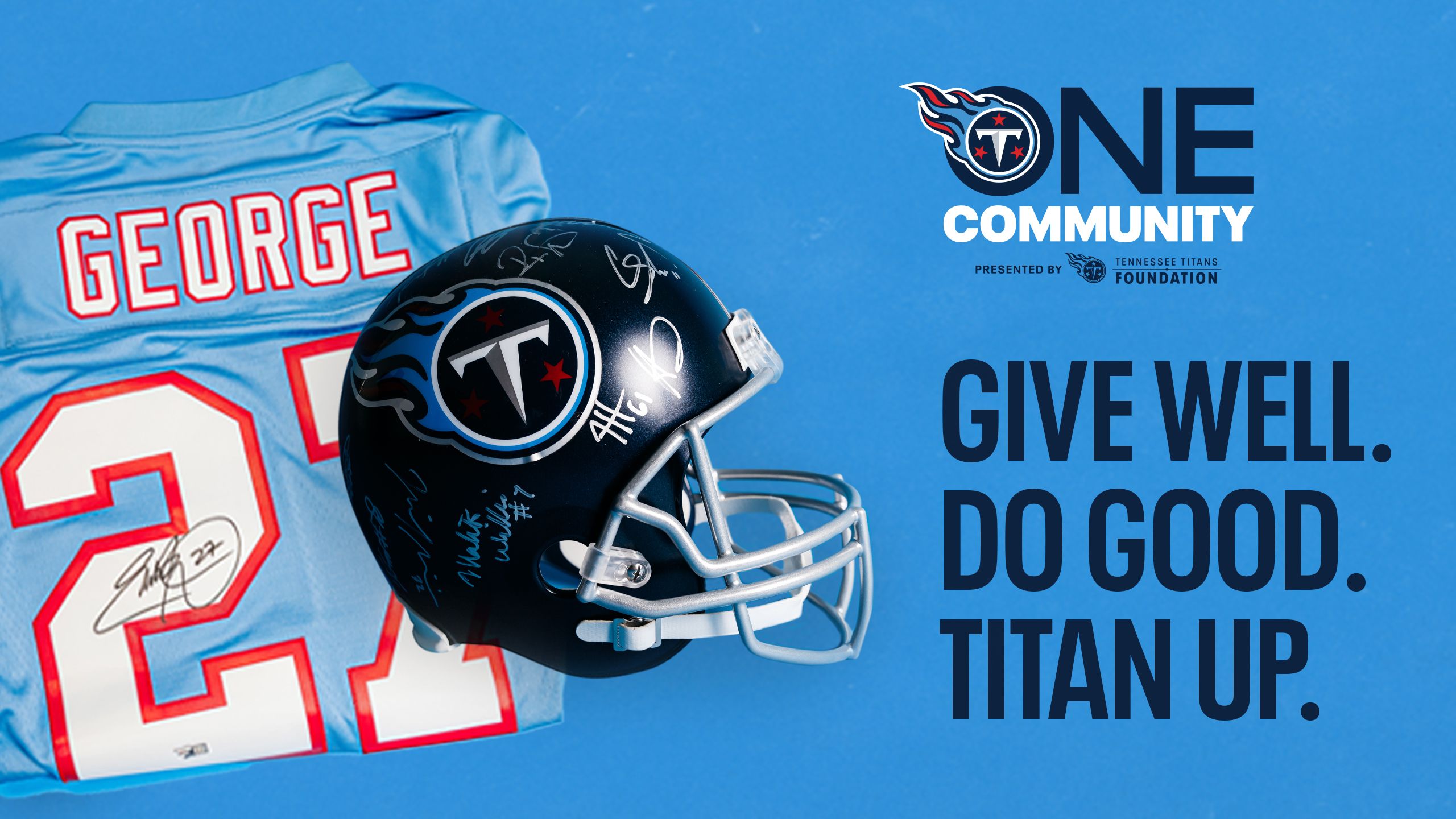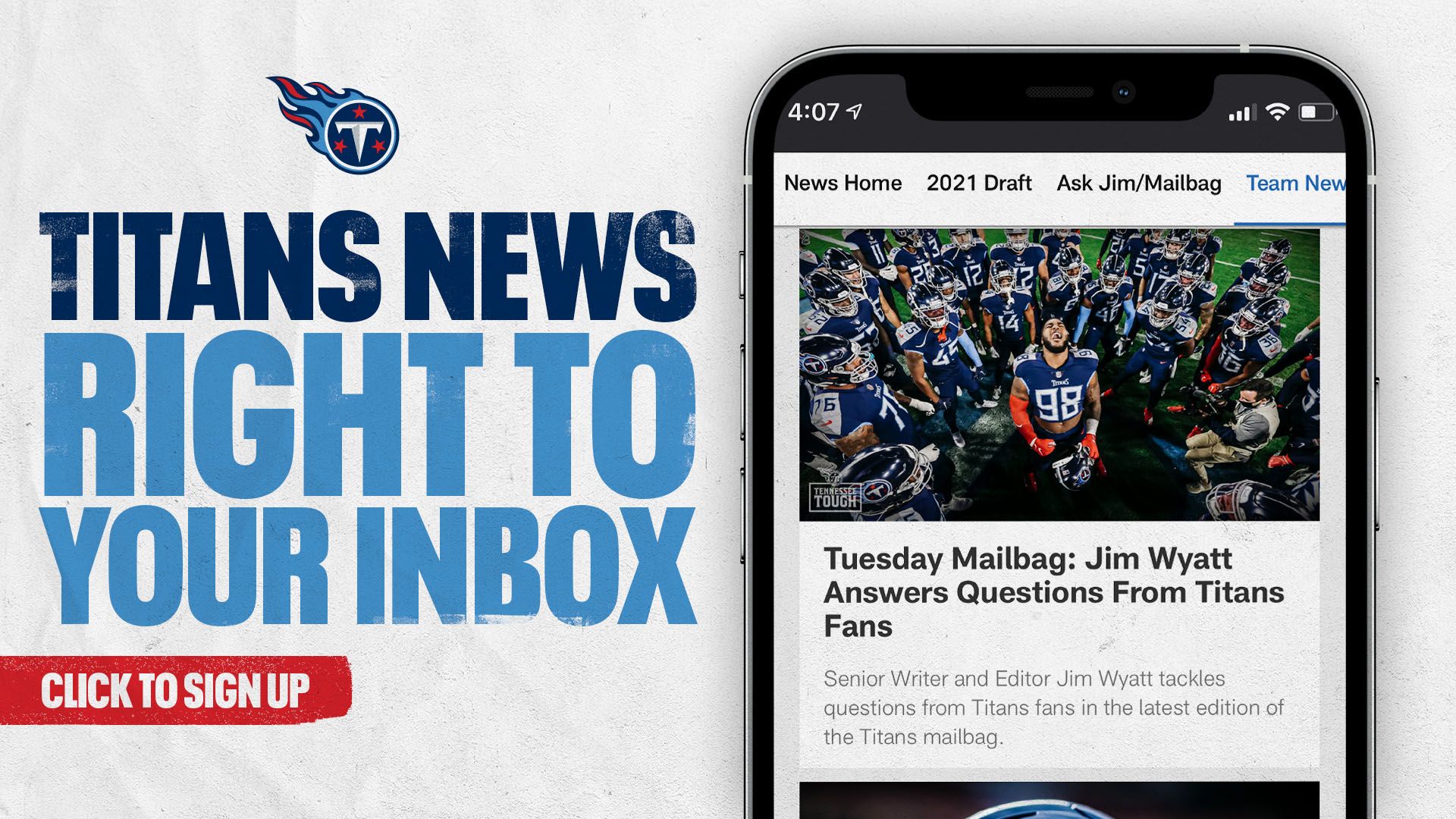INDIANAPOLIS, IN, Feb. 25, 2009 — The NFL is cutting jobs, franchises are trimming budgets and some team officials are concerned the league may lose significant revenue sources.
And now the effects of a sluggish economy could trickle down to the players.
Nobody believes the money will dry up for this year's big-name free agents, such as Albert Haynesworth or Ray Lewis, who are likely to sign shortly after the market opens Friday. The other guys, well, they may find the big bucks are harder to get.
"I think the economy affects all of us today, and I think it probably hurts the second wave of free agency," Tennessee general manager Mike Reinfeldt said during the NFL's annual scouting combine. "The first wave won't be affected, and then I think the door will close quicker."
Those like Cedric Benson, who re-emerged in Cincinnati last season, may not get the big paydays they expected.
Instead, Reinfeldt believes, teams will replace splash with frugality.
There certainly are signs that could happen.
Giants general manager Jerry Reese said his team reduced costs by bringing fewer people to the combine. Expenses have forced the Colts to consider moving training camp from Terre Haute, Ind., where they have spent the past 10 summers, to nearby Anderson, Ind. Several teams, including the Colts, Redskins and Panthers, have already imposed layoffs and others have not ruled out job cuts.
Even agents are preparing for changes.
Joel Segal, who represents players such as DeAngelo Hall and Michael Vick, has advised his clients to keep track of who signs, what positions teams need and to be selective when making decisions.
"Anything discussed today is speculation," he said. "Free agency opens Friday and then we'll know what kind of environment we're in."
Money issues aren't the only concern.
Because 2009 is the last year of the salary cap -- owners have opted out of the collective bargaining agreement with the players that was supposed to run through 2012 -- teams must contend with new rules.
When cutting veterans, the cap charge accelerates because teams must account for all the remaining prorated bonus money this season. New contracts also will limit pay raises to no more than 30 percent from 2009 to 2010.
That, Colts team president Bill Polian said, will cost teams more money up front.
Plus, the eight teams in the divisional round of the playoffs will face restrictions on how many players they can sign from other clubs. The limit is based on how many free agents they lose from their own team.
What it may mean is fewer teams will be willing to break the bank.
"We have greater concerns given the uncapped years," Arizona GM Rod Graves said. "You have to structure deals in a way that helps us on our end. For players, it's all about the money."
And the terms.
With no labor deal in place beyond 2011, some GMs, like Reese, believe teams will be cautious to offer long-term deals.
Agents are sure how much the uncertainty will impact the marketplace.
"Each year is different," Segal said. "Whether it's the economy or other things, you really don't know what's going to happen. You have to wait and see."
Another complication is the prospect of declining resources.
Polian's Colts have already laid off 25 front office people, and he believes the rest of the league could be facing more hardships if advertising revenue or local sponsors don't spend as much as expected.
"We have not yet seen, I think, the full effects of this economy yet because the washthrough of sponsors has not come yet," Polian said. "We'll be counting season tickets in the next few weeks, too."
Owners such as Indy's Jim Irsay have routinely dipped into their personal accounts to pay multimillion-dollar signing bonuses that make their teams competitive.
This year, though, more teams may follow the lead of their tight-fisted colleagues.
So if the revenue supply shrinks -- or the perception is it might -- second-tier free agents may pay the price even though the labor deal requires a percentage of all league revenue to be used on player salaries.
"We're just as concerned about the effects of the economy as any other team," Graves said. "We've always tried to operate in a lean-and-mean fashion. We'll continue to do that. We're not going to sacrifice getting the information we need for the draft, but we are going to be smart about the way we do it."
The early indications are that this year's free-agent market will be quite different.
Fourteen teams have franchised players, an effort Reese explained provides more time to make decisions.
But what will it mean for those players seeking jobs?
"I think you always have to have backup plans and contingency plans, so if the money doesn't go to one particular player, it should go to getting one or two or three players who make your team a better club," Reinfeldt said. "I don't think it (free agency) will be as slow as baseball, but it could slow down."

















